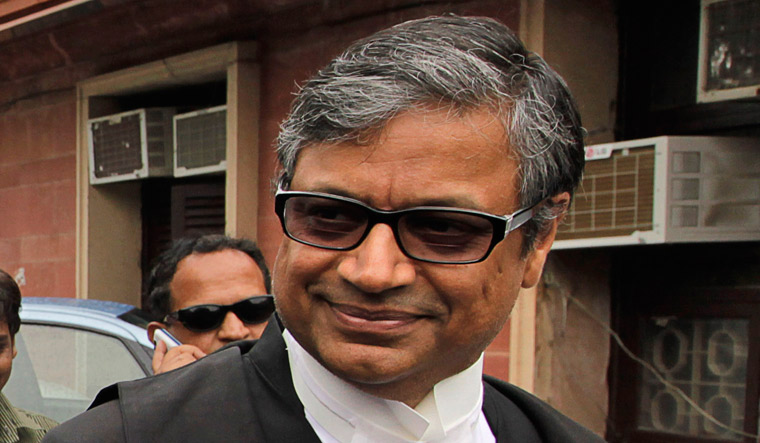In a blow to the old guard of the BCCI and existing members who stand to get disqualified as per Justice R.M. Lodha-led committee's recommendations, amicus curiae Gopal Subramanium upheld the reforms. In the matter pertaining to reforms in Indian cricket administration, he dug in his heels on their tenure and cooling off period in his recommendations to the Supreme Court saying that 18 years in cricket administrators was “substantial enough”, with cooling off necessary to ensure vested interests are not perpetuated, which was the underlying principle of the reforms.
His suggestions on draft constitution of the BCCI at the behest of the special bench comprising Chief Justice Dipak Misra, A.M. Khanwilkar and D.Y. Chandrachud, were submitted to the Supreme Court on May 10, 2018.
Making an exception for Railways to be reinstated as full member, Subramanium reiterated the original recommendation related to the issue of 'one state, one vote' as passed in the original judgment by the Supreme Court. So, in order to maintain democratic equality—which was the basis of the Lodha committee's recommendations—Saurashtra, Baroda, Gujarat, Maharashtra, Vidarbha and Mumbai will have due opportunity to vote at the end of three years by rotation and participate fully in affairs of general body.
also read
- No there yet: Mumbai Indians' Suryakumar Yadav to miss few more IPL games
- 'The entire IPL will be held in India': BCCI dismisses Dubai rumours
- Part of IPL 2024 may take place in Middle East due to Lok Sabha polls: Report
- 'Chin-up': Ravi Shastri tells Shreyas Iyer, Ishan Kishan after BCCI contract dilemma
- Consequences! Shreyas Iyer, Ishan Kishan dropped from BCCI central contracts after Ranji debacle
On the issue of 'one state, one vote', he said he was “unable to recommend deviation from the position adopted by the Hon'ble Just.Lodha Committee and as modified in the Principle Judgement. This mandate in the Principle Judgement brings parity and fairness”.
Also, Railways fields at least 90 per cent of the members of the women's cricket team. In view of the “security of employment of the players from players from Railways as well as the ability to demonstrate playing skills and having regard for women's cricket being an integral part of Indian cricket, it appears necessary to co0nsider this as an exception”. However, the resumption of full membership status to Railways should be on the condition that the voter should be a former player and not an official of Railways. He further recommended Railways to have a players association.
Services, Universities, National Cricket Club (NCC) and Cricket Club of India (CCI) will not get back their voting rights.
Subramanium also backed the views of the Committee of Administrators on drafting of new constitution of the BCCI and aligning it with that of member associations. He also made it clear that changes in constitution as per the Supreme Court order and elections to state associations should take place first to form a “valid” electoral college for BCCI elections.
He recommended the appointment of court-appointed administrators in every state association after each one registers its reformed constitution, to ensure free and fair elections. Elections, as per Subramanium's suggestions, can only take place after the appointment of Ombudsman. The names have been submitted to the court in a sealed envelope.
The amicus has also requested the Supreme Court to consider asking existing office bearers to demit their office as they have completed “their legally valid tenures of office”.
Subramanium said in his 32-page report, a copy of which is available with THE WEEK, that the entire thrust of the Lodha Committee recommendations was to “militate against self perpetuation........and the presence of individuals in some operative/decision making capacity either in BCCI or State Associations on a continued basis is likely to impair interest of the game and breed vested interests.”
The court had, in its own modified order of March 24, 2017, clarified that a person can have a tenure of nine years in the BCCI and nine years in state associations, thus making 18-year tenure in cricket administration possible with a cooling off period of three years after one tenure. The amicus agreed to this modified order.
A major change that Subramanium suggested was reverting to the five-member selection panel from the current three-member committee, with candidates having played either a minimum of seven Test matches or 30 first-class games or having played 10 ODIs and 20 first-class games. He recommended that the CoA in consultation with a cricket advisory committee should constitute the new selection committee.
Supreme Court has set the next hearing for July 4.


